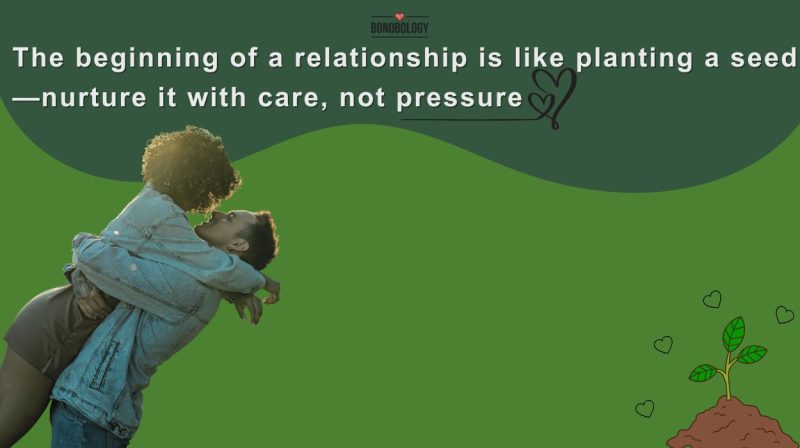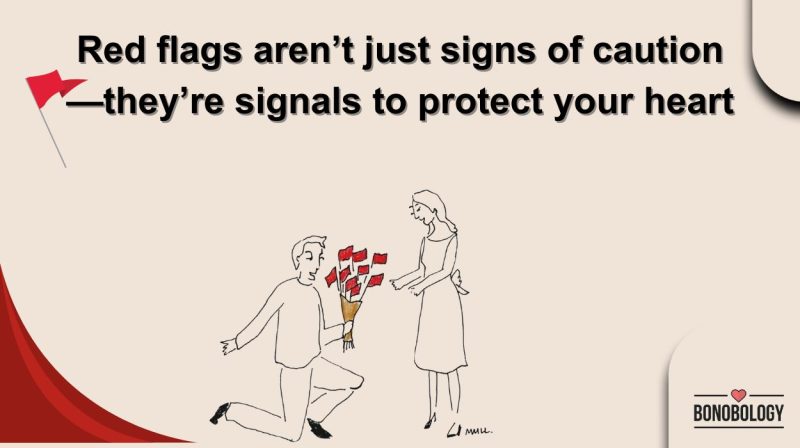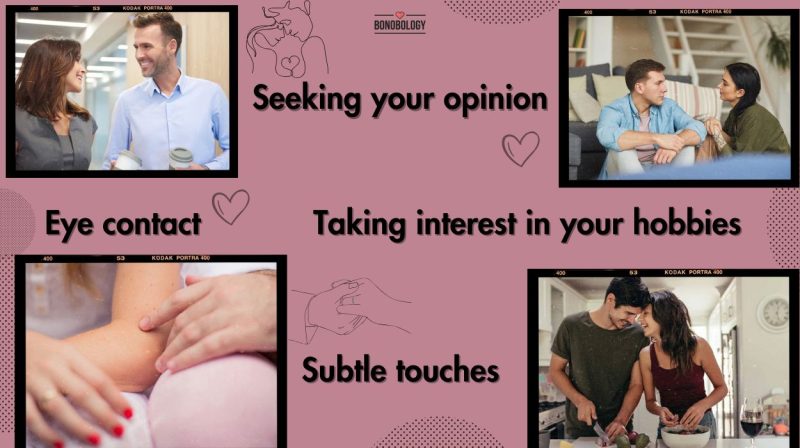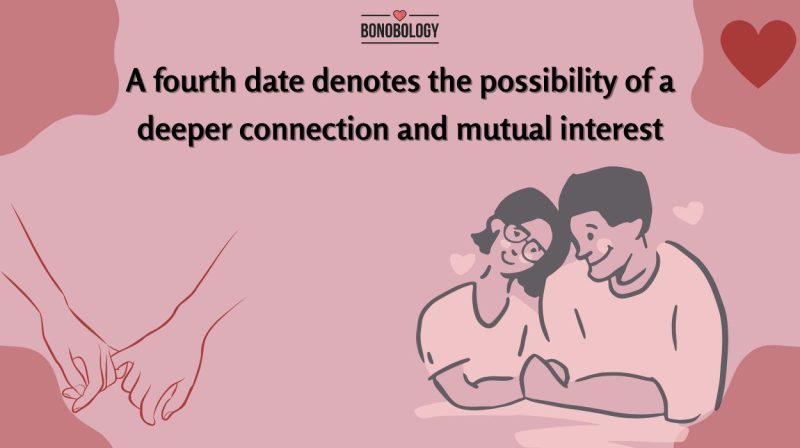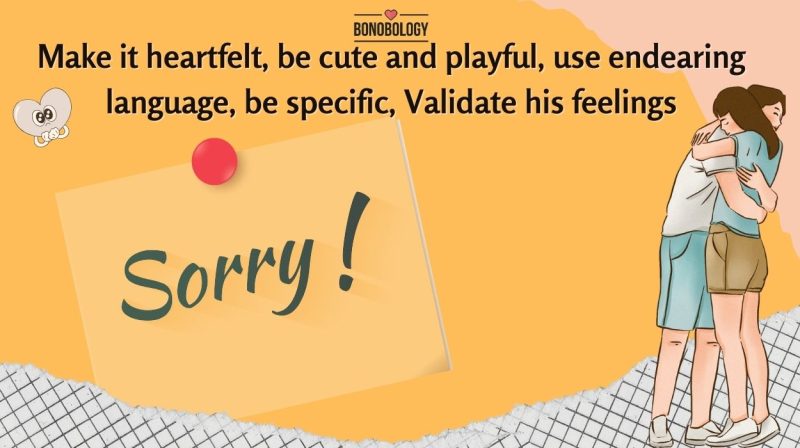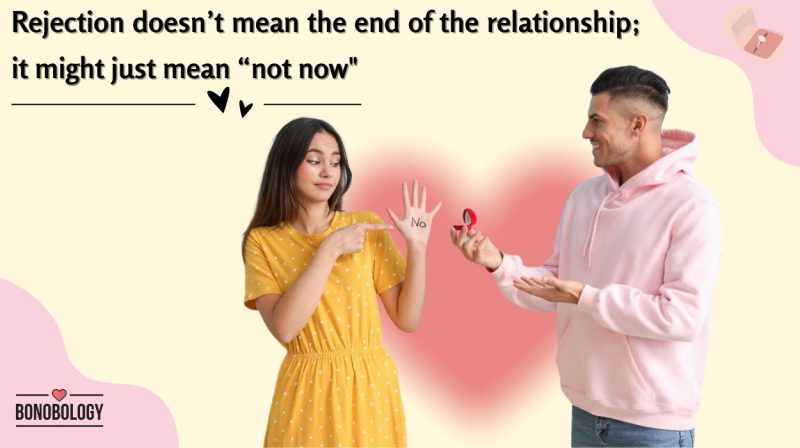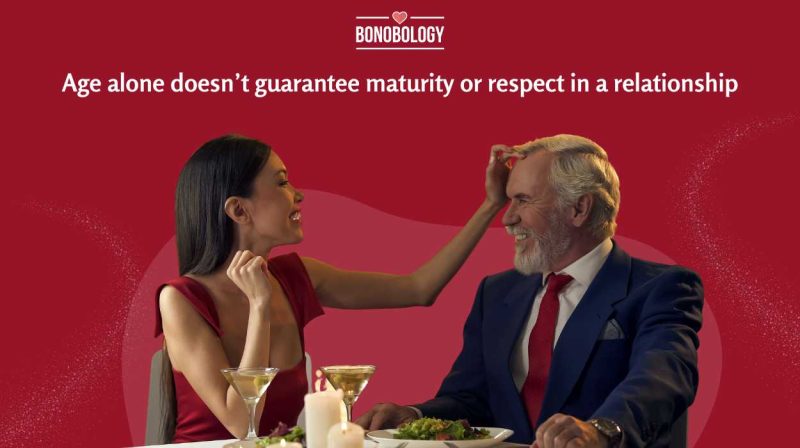Complaints of sexual harassment at the workplace are not always a result of severely distressing sexually explicit behavior. In fact, most complaints are a result of a lack of understanding about the role of consent in starting any romantic relationship, which becomes even more crucial in the case of workplace romances. Not knowing what is not consent often leads to implied and inappropriate behavior (including repetitive romantic advances) that are common occurrences in offices, and hence, are rarely addressed unless a formal complaint is raised.
Some such cases are even laughed off and not taken seriously by employers, who fail to understand the impact that such incidents have on their employees. In my experience as an external member to internal committees, I have come across some very amusing (and even filmy) cases. They might not have seemed funny at the time of the inquiry, especially to the complainants, but now that they have been successfully resolved, everyone involved can look back and have a bit of a laugh. Cases in which an individual is unable to understand the word “no”, usually fall under this category.
When Someone Just Doesn’t Get What Is Not Consent
Table of Contents
The rules of consent are fairly straightforward: unless a person explicitly says ‘yes’ to another’s advances, their interest cannot be presumed. However, belief in the idea of implied consent (through body language, gestures or simply a lack of clear, resounding ‘no’), muddles these situations.
To illustrate, let me share one of the most entertaining cases that I dealt with. Here a man was convinced that a woman coworker was just as interested in him as he was in her. He made several attempts to ask her out on dates, every one of which was unsuccessful. When this woman realized that he would not stop asking her out, she filed a complaint of sexual harassment. She alleged that besides making unwelcome advances, he had also been stalking her all over the office, pantry and cafeteria. This, despite her having indicated clearly that she was not interested in him.
When the Internal Committee called him in to notify him of the complaint and ask for his response, he was completely flummoxed and could not believe that she had complained against him. He did not deny any of the allegations but refused to accept that his behavior had been unwelcome to her.
His response to us was as follows: “Ma’am, the first time I saw her, I knew that there was something special between us – it was the way she smiled at me when we were introduced. I followed her around to get to know her better – her likes and dislikes, who she was close to, and what she did in her spare time.
“Then one day, I asked her out for dinner. She said no, and told me that she lived with her parents, who did not like her going out at night, so then I asked her to come out for lunch – she said that she preferred to eat only home food. A few days later, I asked her out for coffee, and she said that she had recently given up caffeine since she was having issues sleeping.
Related Reading: 12 Ways Office Affairs Can Spell Trouble For You
Then a few days later, I asked her if she’d like to watch the new Avengers film with me and she said that she did not really like action films. So after another few days, when we bumped into each other in the lift, I asked her if she would like to watch a comedy film. At that time ma’am, she said no because all her friends were around her. I could see how embarrassed she was. I should not have asked her in front of her friends but I’m very sure that even though she said no with her mouth, her eyes were saying yes.”
If one is looking for examples of consent in a relationship or even a budding romance, this case can be a textbook example of what is not consent. A clear absence of ‘no’ or not turning down someone’s advances sternly, is not implied consent.
Does this sound familiar to you? How many times have we witnessed similar scenarios in Indian films? Does Simran actually indicate to Raj that she’s interested in him before he lands up in India? From movies like Darr and Kabhi Haan Kabhi Naa to Tere Naam and Badrinath ki Dulhaniya, Bollywood has glorified the concept that if you try hard enough, then “ek din, haseena maan jaayegi” (one day, the girl will say yes). Or egged you to keep trying because “uski na mein hai haan” (she says no, but means yes).
Unfortunately, the POSH Act says otherwise. Such behavior can make people feel extremely uncomfortable, and while this might not look like overtly ‘sexual’ behavior, repetitive and unwelcome romantic advances do fall under the definition of sexual harassment, as they create a hostile work environment.
Role of Consent: No Does Mean NO

In some cases like the one I’ve described above, we see people who can’t understand or are unable to accept the fact that they are being rejected or don’t know how to deal with rejection. In others, we see that even clear rejections are ignored. In another case I handled, a male employee complained about his female colleague who, after having expressed her love for him and being told that he did not reciprocate the feeling, would call and message him persistently.
She continued to do this even after he told her to leave him alone, failing which he blocked her number. Since he could not avoid her at work, he then asked his friend (another colleague) to tell her to stop troubling him. At this point, her friend started to call and (in an attempt to emotionally blackmail him into giving in) tell him that this girl had gone into depression and become very unwell because he broke her heart.
In such cases, it becomes difficult to resolve the issue without external intervention. It’s important to be mindful that the rules of consent work both ways and remain the same, irrespective of gender.
Related Reading: Sexual Harassment Of Men And Its Types
Consent? What consent?
Forget the nuances of explicit or implied consent, there are certain instances where a person is absolutely clueless about the concept of consent itself. That’s when we see cases where people do not care about rejections at all, as they don’t seek consent and also don’t believe that there is anything wrong with their behavior.
In one of my cases, several women complained that a male colleague used to stare at them. To this his response was that he was not holding their hands and preventing them from working; he was not saying anything to them, or even expecting anything in return, so how could he be harassing them?
He claimed that he could look at whoever or whatever he wanted to with his own eyes. When the Internal Committee tried explaining that staring at someone constantly could make them feel very uncomfortable, he asked if it would solve the problem if he wore sunglasses in the office!
Why Rules Of Consent Matter?
I have been asked why people make “such a big issue” over these small things by reporting it to the Internal Committee as a complaint of sexual harassment at the workplace. My response is that consent and respect are concepts that people are yet to fully understand, and until there is a change in society’s understanding, these issues cannot always be addressed by individuals.
“No” does not mean “maybe another time” or that a person is shy or embarrassed to be asked in front of others. It means that they are not interested. Consent is also not implied by someone’s silence. When subtle and even overt rejections fail, formal intervention becomes necessary. We have seen cases where an individual stops pursuing one colleague when they are rejected, just to start behaving in the same manner with another colleague. Such a pattern of behavior that causes discomfort to multiple employees, cannot be ignored by an organization.

There is also a distinction to be made between such behavior taking place in personal life versus the workplace. There are several restrictions at the workplace that prevent you from rejecting advances from colleagues and risking being rude when polite rejections are ignored – the fact that you sit on the same floor, work on the same projects and have to see that person every single day, surely makes it harder to ask someone to back off! There is an added expectation at the workplace of being safe and comfortable so that you can focus on productivity.
The next time you have a crush on a coworker and are wondering whether or not you should make a move, playing by the rules of consent can make navigating the maze of feelings and professional boundaries easier. Here is a quick recap on what consent is not:
1. They make excuses to avoid spending time alone with you
2. They are always too busy for you but have enough time for others
3. They say NO
Filing a sexual harassment complaint does not mean that you will ruin someone’s career.
Many times, people tend to keep quiet even when someone’s advances are making them feel uncomfortable because they don’t want to ruin another person’s career. However, when organizations claim to have a zero-tolerance policy that does not mean that anyone found guilty of sexual harassment will be terminated.
This misconception results in few such issues coming to light. The POSH Act aims to create a safe and comfortable work environment for all employees, and the Internal Committee’s responsibility is to prevent as well as redress such behavior.
Therefore, incidents like those mentioned above, are assessed based on factors like impact, recurrence and intent, or even an understanding of how such actions affect others. Punitive actions are recommended when the behavior is severe or when in case of minor issues, preventive actions, sensitization and counseling fail. What is of utmost importance is that you not suffer in silence.
FAQ: Role of Consent in Workplace Romances
1. What is consent, and why is it important in workplace romances?
Consent is an explicit, enthusiastic “yes” to any romantic advances. It cannot be assumed through silence, body language, or a lack of a clear “no.” It’s crucial because workplace romances are complicated by power dynamics and professional relationships, making it even more important to ensure all parties are comfortable and willing participants.
2. Can “no” mean anything other than “no” in a workplace romance?
No. “No” always means “no.” It cannot be interpreted as “maybe later,” “try harder,” or “I’m just playing hard to get.” Persistent advances after a clear “no” constitute harassment.
3. What are some examples of behaviors that are not consent?
- Making repeated romantic advances despite rejections.
- Assuming someone’s interest based on a smile or a glance.
- Following someone around or stalking them in the workplace.
- Ignoring clear rejections and continuing to pursue someone.
- Calling or messaging persistently after being asked to stop.
- Staring at someone constantly, even without physical contact or verbal advances.
Just because I kissed him in his apartment didn’t mean I was ready …
Does love give us the right to overlook consent? No, not even if Bollywood says so!
Your contribution does not constitute a charitable donation. It will allow Bonobology to continue bringing you new and up-to-date information in our pursuit of helping anyone in the world to learn how to do anything.





